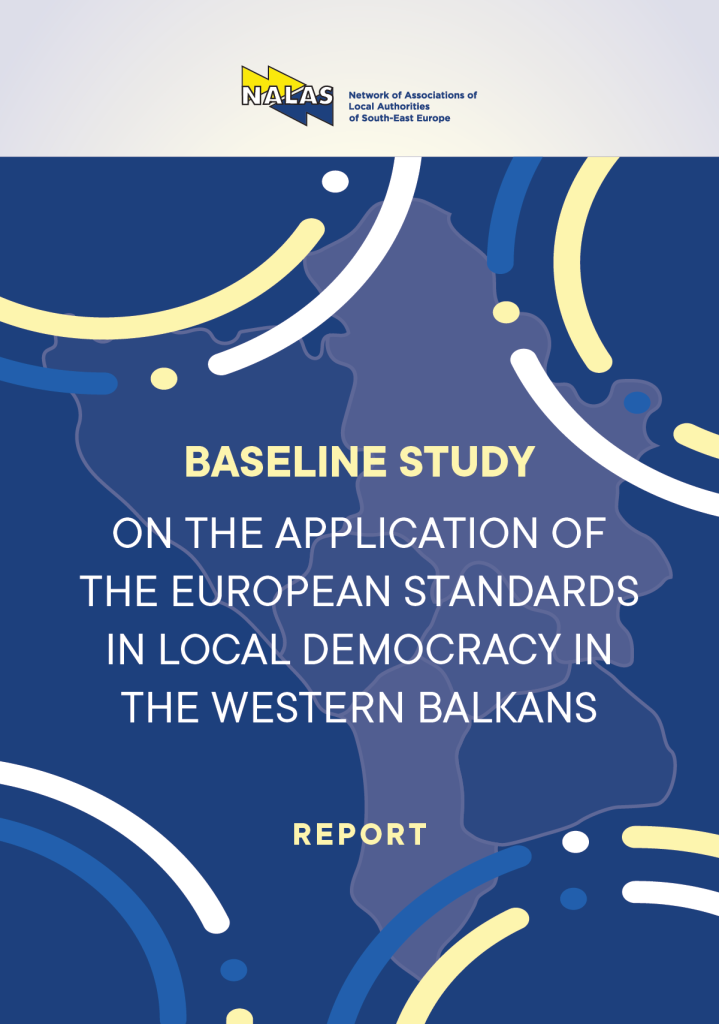
This baseline study assesses the alignment of local governance practices in the Western Balkans with key chapters of the EU acquis, focusing on public procurement (Chapter 5), social policy and employment (Chapter 19), regional policy (Chapter 22), judiciary and fundamental rights (Chapter 23), and environmental protection (Chapter 27).
Its overall objective is to identify individual gaps and challenges in the alignment with the EU acquis of each Western Balkan economy, as well as the common cross-cutting issues in the region, while providing recommendations to address them. To achieve this, the study analyses the involvement of local governance in the WB economies’ EU accession process, legislative frameworks, institutional capacities and the effectiveness of ongoing technical assistance programs.
The methodology included desk reviews, comparative analysis and stakeholder consultations, with significant contributions from NALAS members. By providing critical insights for policymakers, international organizations and local governments, the study outlines necessary measures to (i) strengthen local governance, (ii) enhance institutional alignment with EU standards, and (iii) ensure compliance with the EU acquis as part of the broader EU membership preparation process.
The study finds that while some progress has been made in legislative alignment, many local governments in the region face persistent challenges in areas such as administrative capacity, fiscal autonomy, and effective fund management. Specific issues such as corruption, weak inter-governmental coordination and lack of infrastructure hinder progress in meeting EU standards. Furthermore, cross-cutting issues in the Western Balkans emphasise the need for a regional approach.
The study defines the key areas where gaps were identified and proposes a set of recommendations to address these gaps.
This report was prepared with the support of the Congress of Local and Regional Authorities of Europe.